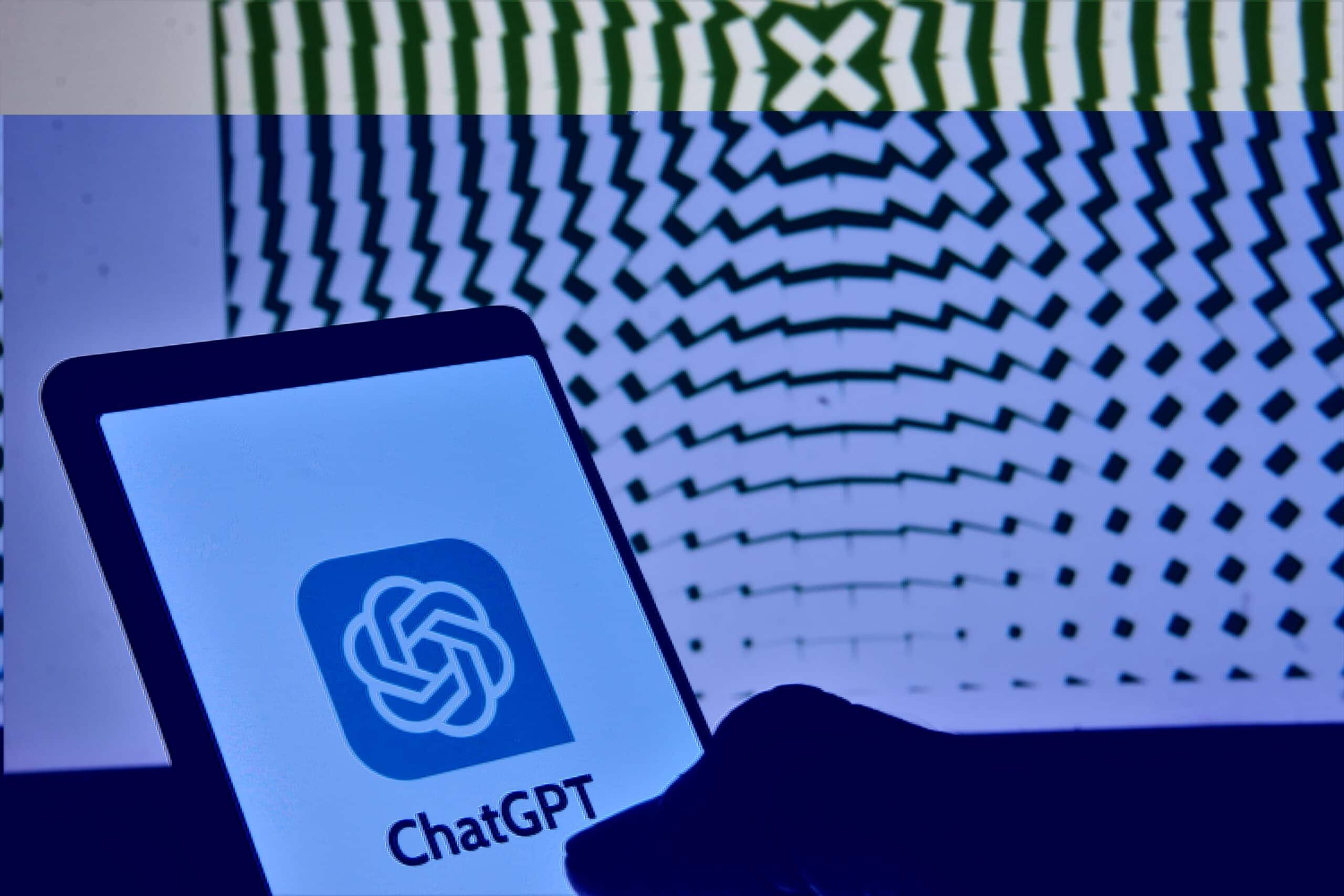Brand Naming in an AI Age
By: Megan Dzialo

AI- It’s quite the buzzword these days. Though not a new concept, the most recent AI advances are astonishing- making waves and making originality more challenging. From artwork to essays to headshots, it’s almost impossible to differentiate between human originality and intelligent software.
But like all new technological advances, you can either criticize and avoid them, or you can embrace them as an opportunity. In 1985, NameStormers founders Mike Carr & Kay Siefken saw AI as an opportunity for brand naming.
Salinon (a cool math symbol, but terrible moniker for a naming company) was founded by four ex-Nielsen Market Research executives, including Mike Carr. They developed and launched the first commercially available name generator for PCs with 11 naming methods and databases, including an AI module, called Namer. A couple of years later, the Windows-based solution, NamePro, was unveiled. While thousands of copies of the software were sold, customers started requesting name consulting services. Why would an AI naming software produce inquiries about creative name consulting?
It turns out that software name generators were too simplistic and no match for human creativity. They discovered that what clients really needed was:
- An understanding of their targets’ mindsets and motivators
- Human-based insights, opinions, and reactions
- An understanding of cultural nuances
- Knowledge of the competitive environment
- A deep understanding of language etymology
- Names that are legally vetted and market-tested
Mike and Kay purchased the naming business from Salinon and launched NameStormers, ultimately exiting the software business and leveraging the latest creative techniques and research technology for brand naming.
With the recent launch of OpenAI’s ChatGPT, naming agencies among many other industries are wondering just how monumental and game-changing this new technology will be and the impact it will have. Will ChatGPT solve the issues of past AI name generators by paralleling human creativity and understanding? The NameStormers team decided to put ChatGPT to the test during a few naming engagements and we learned four things:
- ChatGPT is a fantastic starting place for brand name brainstorming
When I asked Chat GPT to give me name ideas for a new waterproof sock, it instantly generated a list of 20+ names:
The list of names was impressive. Almost every single name aligned with the concept of waterproof socks, alternating synonyms for both “water” and “proof”. Suspecting that the prompt I gave ChatGPT was perhaps a little too basic and easy, I decided to test its naming chops with a more difficult concept:
Once again- not bad! Definitely a great starting point, but I noticed that most of the word parts were taken from words in my original inquiry and that all names were mash-ups. No completely abstract names, evocative or metaphorical style of names, and no short names. So, I decided to press in a little harder to see if ChatGPT could really deliver what I was looking for:
More evocative and abstract? Yes. Did it abandon the mash-up style names like I asked? No. Still a great starting point for further brainstorming? Absolutely. I love how fast and easy it is to use ChatGPT. The speed of generated responses is impressively fast and the variations of word parts and synonyms are certainly helpful. Overall it’s a great launching pad for further exploration.
2. ChatGPT cannot help you with trademark or domain screening
One thing that you will notice when you are asking ChatGPT for a list of names is this added message at the bottom of the generated response:
When I inquired about an available trademark, this is what ChatGPT told me:
Unfortunately, the same was true when I asked about an available dot com:
3. It cannot test names with your target market
When asked if ChatGPT could determine the target market receptiveness of a name, here’s what it told me:
Although ChatGPT cannot conduct market research, I was impressed with its attempt to offer valuable rationale as to why it MIGHT appeal to the target audience. This kind of response far exceeds your typical Google search.
4. It’s limited in its ability to assess linguistic acceptability in various countries & languages
I was actually impressed with the thoughtful response I received when I asked ChatGPT about the linguistic acceptability and cultural relevance of the name ChannelPro.
While ChatGPT isn’t going to be able to linguistically screen my brand name ideas, it offered some relevant and helpful insights to get me started.
Should you use ChatGPT and other AI platforms to name your new brand or company?
For brand name brainstorming (or NameStorming as we call it) purposes, ChatGPT is a great resource. If you’re looking for inspiration, relevant suffixes and prefixes and a huge database of synonyms and mash-ups, ChatGPT seems to deliver at record speed and with a conversational, friendly attitude.
ChatGPT is an upgrade from NameStormers’ AI software days, but it still isn’t a comprehensive substitute for the human mind and its capacity for creativity and relevancy. What we have found in the short time ChatGPT has been available is that AI comes up with a lot of “me too” names. It also comes up with the occasional “eureka name,” but the unfortunate reality of the naming process is that coming up with a great brand name is actually the easiest part.
Finding legally viable, available dot com, linguistically acceptable, market-tested names is the great challenge of brand naming and certainly more than ChatGPT can take on. This is why partnering with a brand naming agency might be in your best interest. Our experts at NameStormers have more than three decades of experience naming brands, products, and companies of all sizes across all industries. Our unique methodology allows us to create names that are catchy, original, and tested. Get in touch with us today!



